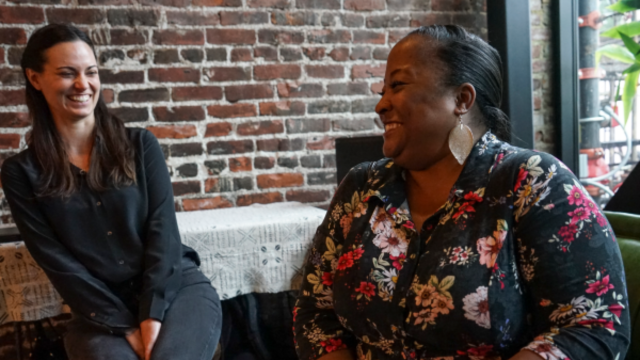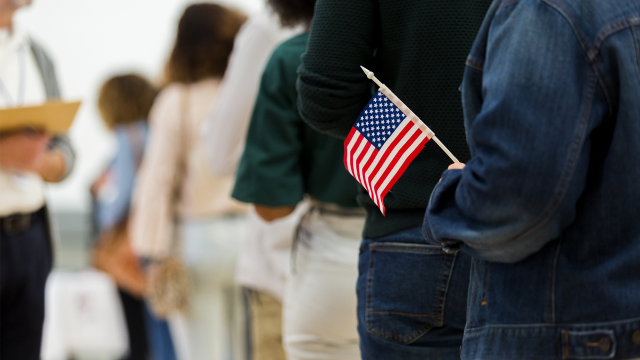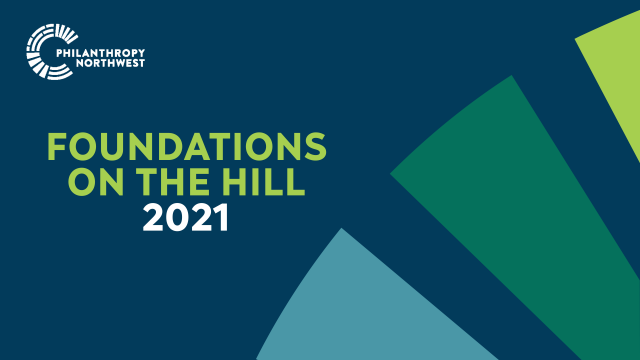Much can be said, and indeed much is being said, about the state of our democracy. On this Inauguration Day, after the most divisive and troubling election of my lifetime, there are so many things on my mind. When it comes to fixing what ails our democracy, it is hard to know where to begin.
Judging from the conversations I’ve had with peers and colleagues, philanthropy isn’t exactly sure where to begin either.
There are, though, emerging avenues for both understanding what happened and how we start to remedy our democracy. Take this recent post by George Pillsbury of Nonprofit Vote, “Why People Didn’t Vote: The Voter Contact Gap.”
“In a year with a presidential race that was hard to miss, four in ten of the nation’s 232 million eligible voters stayed home. One often overlooked reason so many voters stayed home is that, in spite of pervasive coverage in traditional and new media, the majority of eligible voters were never personally contacted about voting by a candidate or campaign. This lack of contact has its greatest impact on younger and new citizen voters who face greater challenges navigating the voting process ... For this population, as political scientists have long found, personal contact by a trusted messenger is a powerful predictor of likelihood to vote."
What better trusted messengers do we have than our community-based nonprofits — the very organizations that philanthropy makes investments in every day?
At Northwest Health Foundation, where I work, we’ve come to believe that the health of our communities and the health of our democracy are intertwined and mutually dependent. Health is rooted in so many parts of our lives: education, economic opportunity, a connected community and loving friends and family. And it's public policy that shapes for whom and how we build these aspects of health. So, at its root, civic health — the ability to participate in the policymaking that shapes opportunity — is fundamental to the health of every person. To improve our civic health, we need strong, enduring civic engagement that expands access to a quality life and good health.
And we ought to build that civic engagement capacity in the community-based organizations that have become the trusted messengers — and the trusted experts — in the very communities whose lives we seek to improve: women, people with disabilities, low income families, rural communities and families of color.
Philanthropy can meet this call. We can go as far and as boldly as our tax status allows us — which, quite frankly, is much further than we pretend.
We can and must invest in the organizations that are building the critical connections between opportunity and democracy.
We can and must give grantees the tools to weave civic participation, in its many forms, into their daily work.
We can and must move our sector beyond the episodic and beyond just voting.
When we do all that, we get a government not just for the people, but by the people. That’s a healthy democracy.
Jesse Beason is Northwest Health Foundation's vice president of public affairs.
For more information about Philanthropy Northwest initiatives, programs and resources on advocacy and democracy, visit our Public Policy page.


